
What 2020 Taught Us About Nonprofit Leadership & Philanthropy

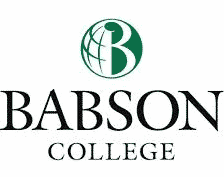


Edward Chiu
Senior Vice President for Advancement
3 main lessons: First, philanthropy is more important than ever, and especially the ability to find the balance between short-term, current use needs and long-term, strategic plan priorities. Second, relationships matter; the ability to rely and lean on each other is key to navigating challenges, and while we have all learned to be virtual, it will never replace face to face engagement. Lastly, leadership means positivity and no excuses; if you are not a growing business, you are a dying business. Philanthropy is no different.




Kathleen Marchi
Executive Director and President
Even relatively new leadership can endure unexpected and dramatic impacts, such as a pandemic and long overdue social justice reckoning, with transparency, authenticity, compassion, and empathy. I learned that bold, authentic, empathetic, transparent, compassionate communication is essential, now more than ever, and that the strength of your relationships with donors will determine their response to your request for support during a pandemic, crisis or other challenge. We saw that pivoting successfully to meet challenges and unexpected demands is more likely if your relationship with donors is strong, your board is aligned and has confidence in leadership, and your staff and volunteers are deeply committed to the work. And lastly, attention to details, making events and programs enjoyable and effective, simplified and free of distractions, and of the highest quality, is more important than ever.




Derek Boonisar
Headmaster
2020 and its unprecedented events taught me: that your constituents are eager to be as loyal as ever if you have communicated effectively and delivered on your mission; the importance of always prioritizing the health and safety of the community and offering in-person, on-campus programming whenever possible; you do not have to shy away from fundraising when times are tough, however you need to be more creative about how you do it; and that there are many different ways to deliver your message and reach your constituents, even if in-person is not an option. We learned that adversity can come on fast and be frustratingly out of your control, but there is tremendous value in staying positive and adaptable because this too shall pass.
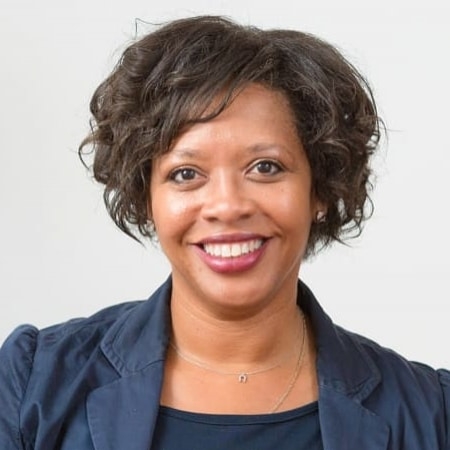



Carlisa Brown
Chief Advancement Officer
When I reflect over this past year, I think of four words: resiliency, hope, adaptation, and faith. I lead a team of amazing advancement professionals, who, despite the challenges, found ways of showing the true impact of our work through storytelling on a variety of media platforms. We were able to show not only our organization’s resiliency, but to effectively communicate to donors the fact that we are still here, and we will always be here to help those in need.
With resiliency comes hope. Hope that better days will come and that there is indeed a light at the end of the tunnel. As we went through this experience together, we grew, we learned, we adapted. By adapting so well this past year, my team showed me just how strong they were in being able to operate differently, independently, and sometimes under considerable stress. My team not only survived, they thrived. When we thrive, we have faith, we believe in something that is far greater than ourselves.

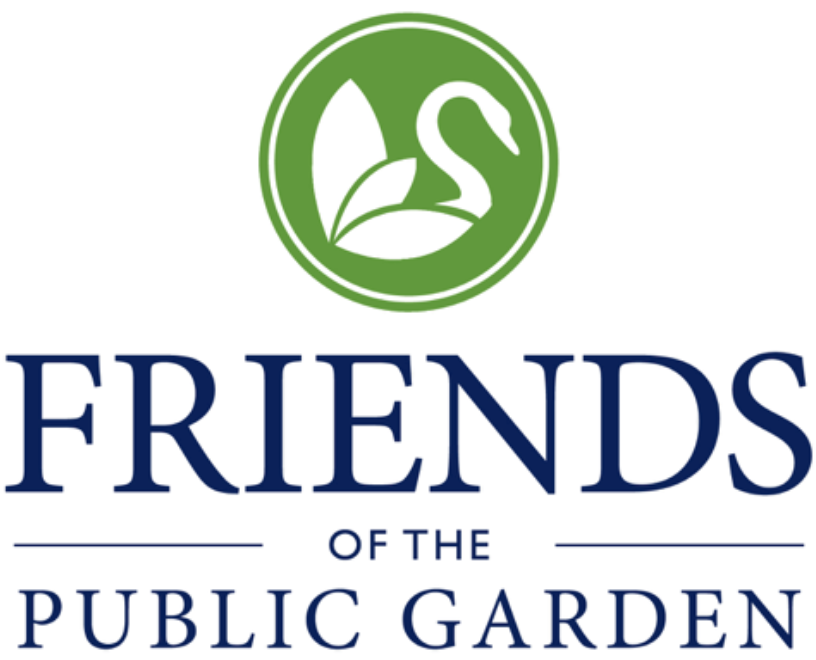


Liz Vizza
President
Regarding philanthropy, we were struck by how people still gave – they recognized that these parks played a vital role in their emotional and physical health. Donors spoke to us about how much these parks saved them. We recognized that you don’t need to be shy about asking for support during these unprecedented times. Regarding leadership, during the protests for racial justice we were struck to see how deeply the parks are woven into the fabric of democracy, where we come to make our voices heard. We need to make sure that all know that these parks belong to them, and that they are welcome.




Jeffrey Berndt
Director Of Advancement
People are always nervous talking about money – even in good times – and we become especially anxious during challenging times. Often our instincts are to “spare” prospects and donors from talking to fundraisers when things are tough. But silence never helps.
It has been such a dislocated time for everyone. However, my staff and I have consistently resisted succumbing to our inhibitions and we have yet to regret calling a donor to talk about how they can help during these challenging times. Of course, not everyone has said “yes” to our requests. But, more importantly, I suspect that most of my conversations have left the donors to whom I spoke feeling better than before the call.




Whitney Namm Pollack
Executive Director
The COVID-19 pandemic meant that the organization I lead, Project Sunshine, had to completely transform how we deliver our services and how we sustain our work. Before March 2020, we provided services to children in hospitals through in-person volunteers and raised money through large and small events. Hospitals closed to visitors, and that meant developing innovative solutions to how we support pediatric patients and their families. For myself and our staff, the lesson has been that the faster you accept change, the sooner you can begin to work toward those innovative solutions. The current situation demands we re-think everything – and from it we have a new program that leverages technology and the potential to serve more children who can be harder to reach.

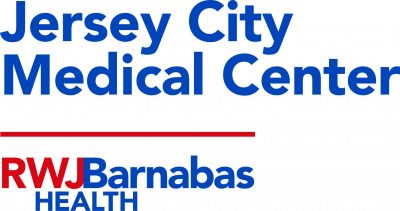


Nicole Kagan
Vice President
We need to do a better job of listening, opening up our hearts and minds to other’s opinions and points of view. If we cannot be inclusive about other’s thoughts, we will never become inclusive of their actions. Everyone walks around carrying their own set of personal rocks. Understand each other’s burdens, many of which are invisible, and lead with compassion and gratitude. 2020 also reminded us to continue to believe in our donors – never stop communicating. When the needs of your organization are more important that the needs of other organizations on “their list,” they will respond. And remember: “When you ask for money – you get advice; when you ask for advice – you get money.”




Tim Armour
President/CEO
Donors respond positively to an organization’s ability to serve a critical need and stay with that organization even in the toughest times. Core and newer committed donors may expand their philanthropy to address more apparently urgent needs, but given their belief in the “cause” and the organization’s ability to address it, donors will continue to “invest” in an organization they believe will “deliver” on the promise to address that critical need.




Leslie Kolterman
Chief Development Officer
Even in—or especially during—challenging times, philanthropy matters, and generosity will prevail. It’s important to keep asking your donors to support your organization and tell them the specific ways you will use their support in these special circumstances. Share your challenges with donors and engage them with the solutions. Don’t make assumptions about who is or is not able to support you. If a donor is in a financial situation that won’t allow them to keep supporting you in the short term, go for the long-term relationship and keep stewarding them and keep them in the fold.
In the face of uncertainty, keep moving forward deliberately, one step at a time. Listen to your team, understand their challenges and keep them focused on what they can and are able to achieve. Make plans and implement them. My favorite quote is from Winston Churchill: “When you are going through hell, keep going.”

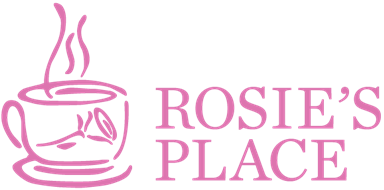


Leemarie Mosca
President/Executive Director
As the saying goes, we make our path by walking it. I’ve always known that to lead is not only to forge the way ahead, but it’s also to walk alongside. In 2020, and now in 2021, what’s been our hardest and most important work is to keep moving forward, to keep navigating through so many unexpected changes and challenges, sometimes, truly, to just keep putting one foot in front of the other. I have found hope and connection in their purest forms in our guests, who inspire me with their strength and resiliency. I have been buoyed by my colleagues who as more has been asked and needed of them, they have never lost sight of what our guests need from us. And I’m heartened by our phenomenal friends who, when so many were stepping back for safety, stepped forward—with grace and generosity—finding creative and thoughtful ways to support us.




Christine McCarthy
Chief Executive Officer
The two things that drove our decisions were remaining relevant and staying connected. Provincetown Art Association and Museum (PAAM) is used to operating in a flexible manner because of tourism, seasonality and geography so it was imperative that we adapt in order to stay connected to our different constituencies. We learned that our donors really care about our organization and fundraising shifted from a lot of events to phone calls, zoom calls, walks and very intimate social distancing. This actually gave us the opportunity to really connect on a much higher level than a 400 person gala. Our members believe us to be an essential part of our immediate and extended communities and I was very proud that were able to react to the pandemic in a smart and efficient way. We had to rethink everything we do from programs to exhibitions to fundraising, and I believe this has opened our eyes to new hybrid models and better fundraising strategies that we will continue into the future.




Christopher Lawson
Senior Vice President & Chief Development Officer
Adaptability is a very underrated trait in philanthropy. The methods of fundraising that development professionals have always measured (number of personal visits, solicitations etc) were not relevant for an extended period of time in 2020. Getting back to the basics in our messaging resonated with even our most sophisticated donors. Adaptability was also key as we took on new roles we weren’t accustomed to, including food delivery for our frontline healthcare workers. It was an important lesson: no task is too small for a leader to do in times of crisis.
